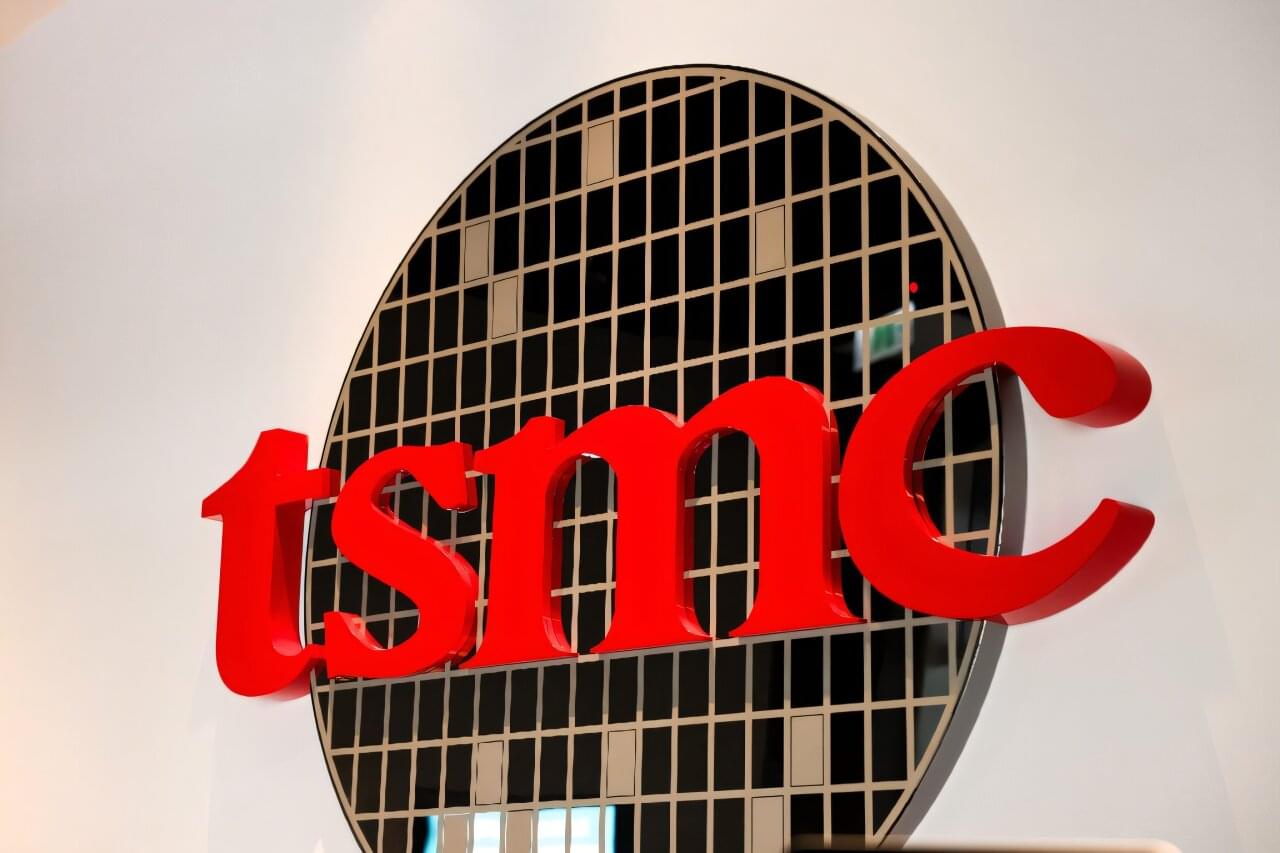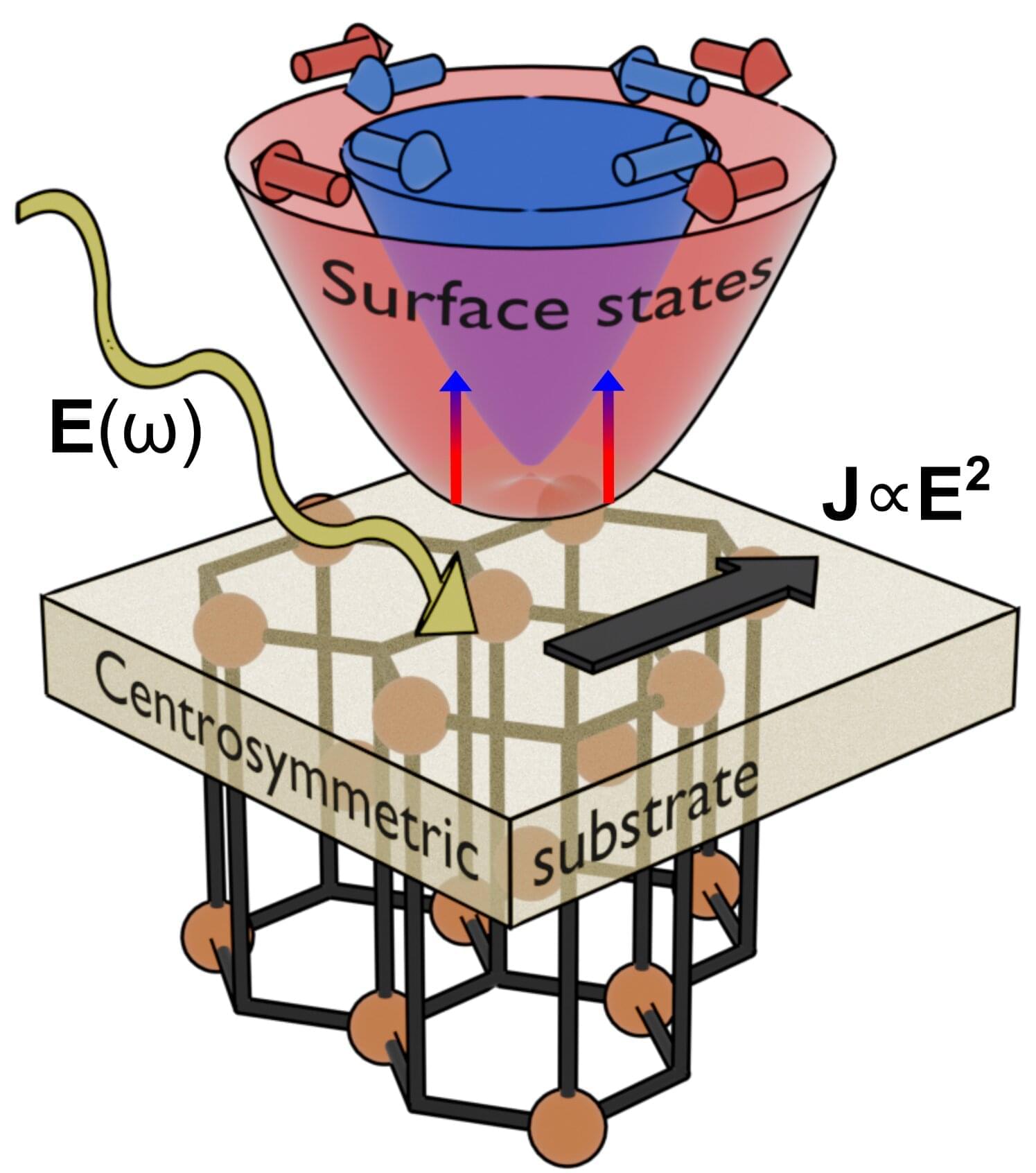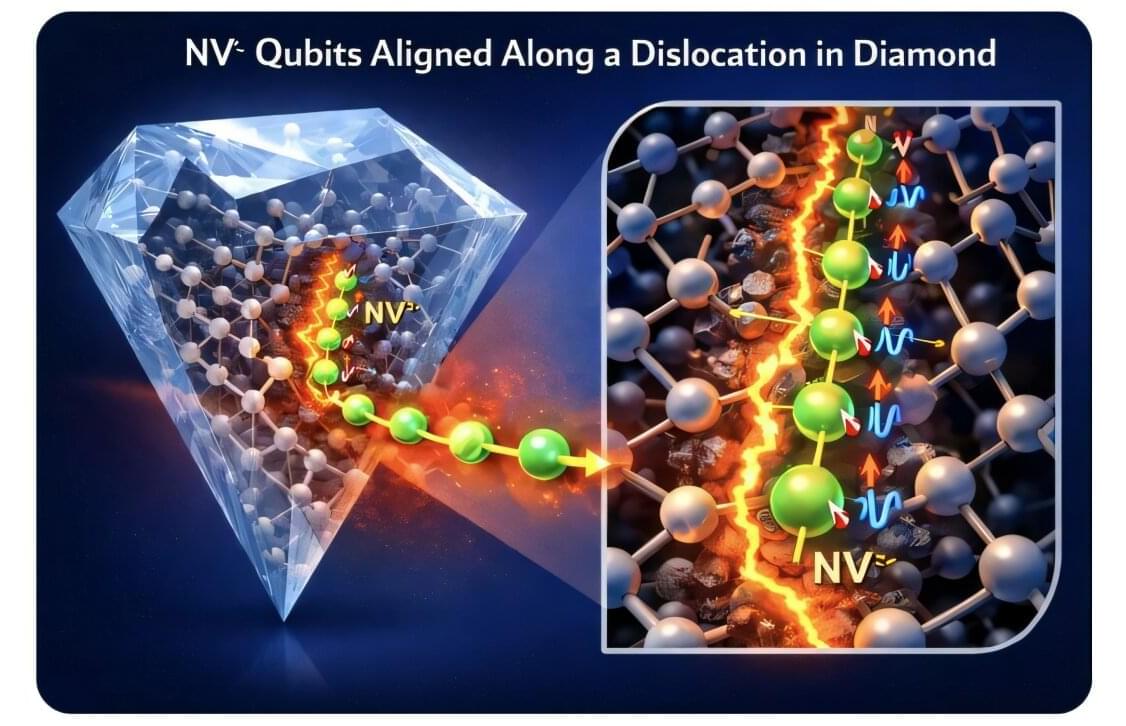System is highly accurate and amenable to scaling without compromising quality



A subtle change in brain wave activity could predict Alzheimer’s disease more than two years before diagnosis, according to a new study.
The signal could prove to be a sensitive biomarker of cognitive decline.
Using a noninvasive imaging technique called magnetoencephalography (MEG), neuroscientists at Brown University in the US and Spain’s Complutense University of Madrid and University of La Laguna analyzed the resting brain wave activity of 85 patients diagnosed with mild cognitive impairment.

Taiwan’s world-leading microchip manufacturer TSMC says it has started mass producing next-generation “2-nanometer” chips.
AFP looks at what that means, and why it’s important:
What can they do? The computing power of chips has increased dramatically over the decades as makers cram them with more microscopic electronic components.
An exploration of a fascinating self-organizing system. Created by the Stanford Complexity Group
Within the next 200 years, humans will have become so merged with technology that we’ll have evolved into “God-like cyborgs”, according to Yuval Noah Harari, an historian and author from the Hebrew University of Jerusalem in Israel.
Mike’s food channel: / strictlydumpling.

This would be my first funding target if I had the money.
Beyond science, Brooke sees three main hurdles: regulation, manufacturing and physician usability. Public acceptance, he says, already appears strong. Regulatory pathways may be comparatively favorable, given the long histories of the cocktail’s components and existing approvals for immune deficiency states. Manufacturing is always a challenge for biologics at scale, but protein production is mature and scalable, and the company is building internal capacity.
The immediate obstacle, Brooke argues, is complexity. Intervene Immune is developing a dosing system designed to be relatively foolproof for doctors, and expects to build an AI assistant to support implementation as sufficient data accumulates.
Intervene Immune’s closing sentiment is less biotech slogan and more biological provocation. “No matter how old you may be, your body still remembers how to be young,” Brooke says.
Survey: Online ADHD coaching has increased substantially since the pandemic, mostly by lay adults reporting lived experience with ADHD, as a rising alternative to formal ADHD care.
This survey study found that most ADHD coaches primarily operated outside the US health care system and reported workforce entry after the COVID-19 pandemic’s onset. Our findings suggest ADHD coaching is usually delivered through a 1:1 virtual format using a traditional outpatient psychotherapy model (weekly 1-hour sessions) and reached prospective clients through a combination of online marketing and health care referrals. ADHD coaches tended to be individuals without formal mental health training who self-identified as having ADHD (or a loved one with ADHD), may have received ADHD coaching themselves, and based practices on lived experiences. Unlike most licensed mental health clinicians, ADHD coaches practiced across state and international borders.
As expected, we detected a spike in ADHD coaching workforce entry at the COVID-19 pandemic’s outset that mirrored similar ADHD medication prescribing patterns.6 Herein, we reveal that intervention content self-reported by ADHD coaches is similar to those manualized in evidence-based CBTs for ADHD.37 The potential redundancy in content between ADHD coaching and CBT for ADHD could make it difficult for prospective clients and some medical clinicians to differentiate between these approaches. However, the aforementioned aspects of ADHD coaching are different than traditional CBTs in that ADHD coaching appears longer term, involves sharing lived experiences with ADHD, and offers support between sessions (Table 2).38-40 These features may make ADHD coaching especially palatable to adults with ADHD, who reportedly criticize routine care CBT as being too rigid, generic, and short term, with therapists who are stigmatizing, negativistic about ADHD, and unempathetic.

A recent study carried out by researchers from EHU, the Materials Physics Center, nanoGUNE, and DIPC introduces a novel approach to solar energy conversion and spintronics. The work tackles a long-standing limitation in the bulk photovoltaic effect—the need for non-centrosymmetric crystals—by demonstrating that even perfectly symmetric materials can generate significant photocurrents through engineered surface electronic states. This discovery opens new pathways for designing efficient light-to-electricity conversion systems and ultrafast spintronic devices.
The work is published in the journal Physical Review Letters.
Conventional solar cells rely on carefully engineered interfaces, such as p–n junctions, to turn light into electricity. A more exotic mechanism—the bulk photovoltaic effect —can generate electrical current directly in a material without such junctions, but only if its crystal structure lacks inversion symmetry. This strict requirement has long restricted the search for practical materials.

Building large-scale quantum technologies requires reliable ways to connect individual quantum bits (qubits) without destroying their fragile quantum states. In a new theoretical study, published in npj Computational Materials, researchers show that crystal dislocations—line defects long regarded as imperfections—can instead serve as powerful building blocks for quantum interconnects.
Using advanced first-principles simulations, a team led by Prof. Maryam Ghazisaeidi at The Ohio State University and Prof. Giulia Galli at the University of Chicago Pritzker School of Molecular Engineering (UChicago PME) and Chemistry Department demonstrated that nitrogen-vacancy (NV) centers in diamond, a leading solid-state qubit platform, can be attracted to dislocations and retain—and in some cases improve—their quantum properties when positioned near these line defects.
“Because dislocations form quasi-one-dimensional (1D) structures extending through a crystal, they provide a natural scaffold for arranging qubits into ordered arrays,” said co-first author Cunzhi Zhang, a UChicago PME staff scientist in the Galli Group.

Wormholes are often imagined as tunnels through space or time—shortcuts across the universe. But this image rests on a misunderstanding of work by physicists Albert Einstein and Nathan Rosen.
In 1935, while studying the behavior of particles in regions of extreme gravity, Einstein and Rosen introduced what they called a “bridge”: a mathematical link between two perfectly symmetrical copies of spacetime. It was not intended as a passage for travel, but as a way to maintain consistency between gravity and quantum physics. Only later did Einstein–Rosen bridges become associated with wormholes, despite having little to do with the original idea.
But in new research published in Classical and Quantum Gravity, my colleagues and I show that the original Einstein–Rosen bridge points to something far stranger—and more fundamental—than a wormhole.